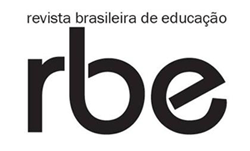Michel Foucault's thinking helps us to understand the disciplinary power apparatus in the school system, which promotes the subjection of the individual. It also helps us to understand the processes of resistance, sometimes expressed in individual or collective acts of rebellion. This article seeks to understand - from the perspective of complexity (Gregory Bateson) and from Paulo Freire's and Céléstin Freinet's pedagogic perspective - how to work with manifestations of resistance aiming at an emancipating, dialogic and democratic educational practice. The practice of transgression may constitute the bases for educational processes that can overcome the disciplinary knowledge-power relationships, as they are collectively (consolidating relations of reciprocity and solidarity) and actively assumed (cultivating the diversity of initiatives and interactions). For this, it is necessary to disentangle it from the label of delinquency which is forced upon it by the examination system aimed at surveillance and punishment.
power apparatus; resistance; complexity; dialogue; examination system
